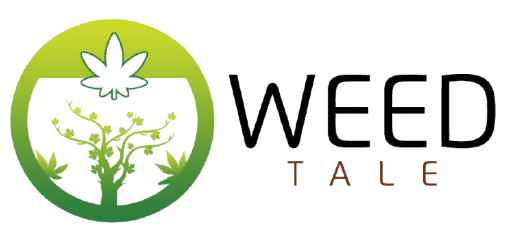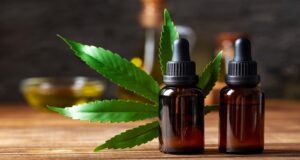Nowadays, the internet is full of wrong information about CBD. Also, well-meaning outlets in some cases get it incorrect. That’s why in this CBD Blog we will explain 3 major misconceptions about cbd. Without further ado, let’s bust the leading 3 myths about CBD.
CBD Will Get You High
THC is the main psychoactive compound found in cannabis. Lab-tested, government-certified CBD products contain a THC concentration of 0.3 percent or less. This is considered a trace quantity and is highly insufficient to create psychoactive effects. If you’re using premium CBD, you should not worry about getting high.
The difference between THC and CBD depends on how these 2 cannabinoids interact with the Endocannabinoid System, or ECS. The ECS has 2 types of receptors: CB1 and CB2. THC binds to these receptors, triggering effects like euphoric and enhanced feelings.
CBD, on the other hand, has a weak fondness for CB1 and CB2 receptors. Instead, CBD modulates the uptake of our own endocannabinoids. This indirect impact has many benefits in terms of promoting homeostasis throughout the body, but it does not produce drowsiness. If you’re worried about getting high with CBD, make sure to confirm that your CBD product contains less than 0.3 percent THC.
All CBD is the same
You’ve possibly seen CBD at the food store checkout, the pharmacy, and everywhere in between. Oils, lotions, cosmetics, gummies, and even CBD-infused honey have made their way to the market. Are all of these products the same quality? The answer is, No. Some hemp-based products that are marketed to promote health include little or no CBD whatsoever.
CBD Doesn’t Have Any Benefits
Some users have mentioned that they used CBD and felt nothing. Before creating CBD, it’s essential to test a variety of variables that go into that declaration. Were they using powerful and effective CBD, or poor quality, ineffective products? Were they expecting to feel the same impacts as marijuana? Did they have a specific health concern they desired to deal with? Evaluating CBD’s efficiency without a particular health objective in mind has been linked. How would you ever know if it works?
If it does not get you high or put you to sleep, you may be asking yourself if CBD will do anything for you whatsoever. As mentioned previously, CBD interacts with the ECS, a system that performs many regulative features throughout the body. When a system starts to function poorly, the ECS gets to function to bring back balance. CBD helps by including a cannabinoid boost to the endocannabinoids that are already produced by the body.



